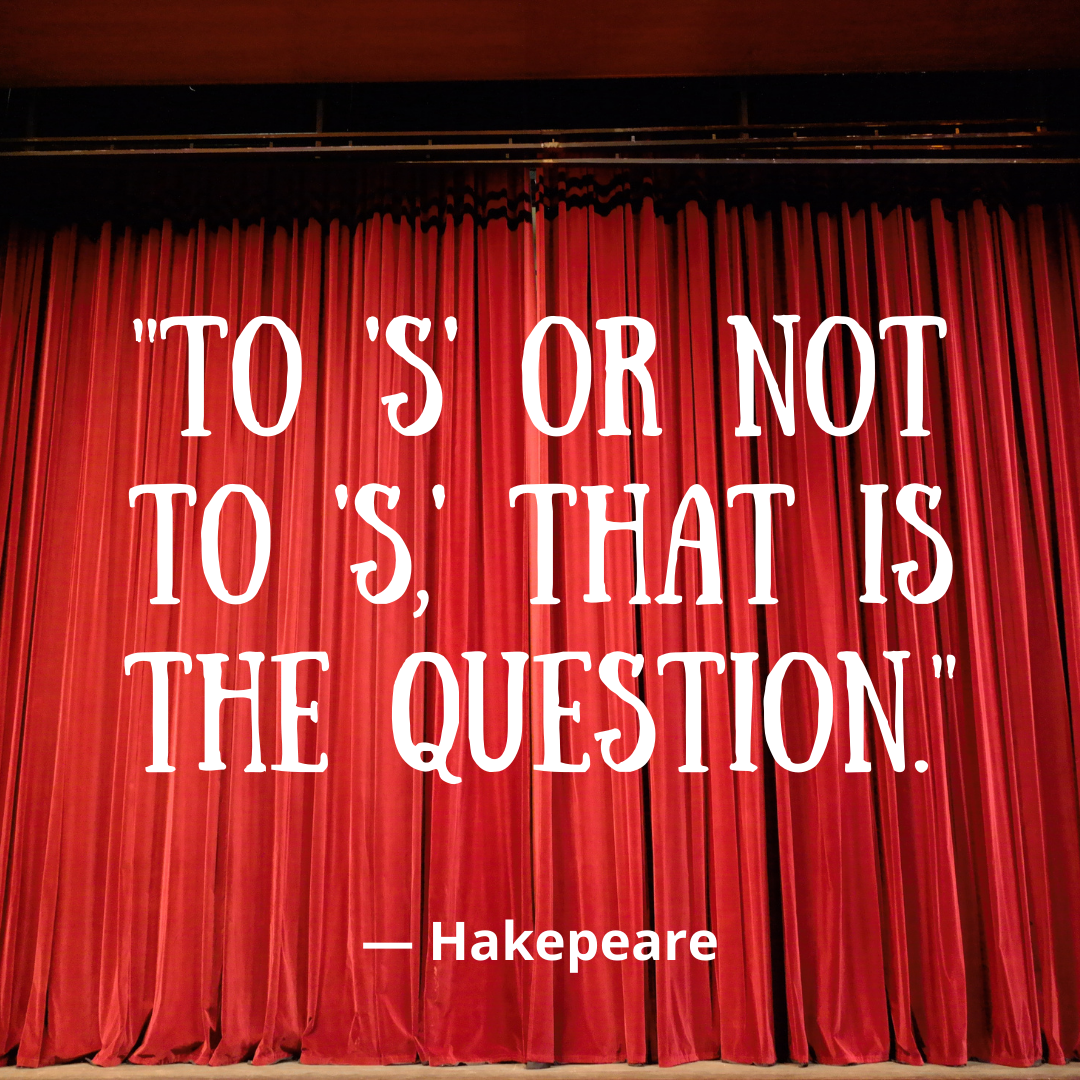And other words that don’t (or sometimes do) need an “s”
Who knew a single letter could cause so much confusion? Here are five pairs of words that cause eyebrow furrowing for English speakers and writers. Learn when to keep the “s” and when to toss it with these brief explanations and helpful examples.
Beside vs. Besides
Both are valid and both are correct, in certain cases.
Use “beside”:
- As a preposition.* If you sit beside me at lunch, I might steal your pudding.
Use “besides”:
- As a preposition (with a different meaning).** There’s nothing to eat besides pudding.
- As an adverb. I don’t want pudding, and besides, it expired in 2005.
- As an adjective. Besides eating expired pudding, what other things can we do?




